Within the framework of the Australian Government’s Australia-Southeast Asia Trade Links Program (A-SEABX), an education delegation from Australia paid a working visit to Vietnam from September 25-27.
The delegation includes leaders, professors, industry experts from 17 leading universities and training institutions and representatives of four states and territories of Australia, led by Ms. Rebecca Ball, Senior Trade Commissioner of Australian Trade and Investment Commission (Austrade).
During its working visit, the delegation was updated on latest transnational education policies and practices through Education Partnership and Investment Conference organized by the Ministry of Education and Training (MOET) in northern Hai Phong city. Besides, 17 Australian leading universities and training institutions also visited DEEP C Industrial Zones facilities in the city, engaged with state-owned enterprises and industry leaders, to better understand the current stage of Vietnam in green economy transition.
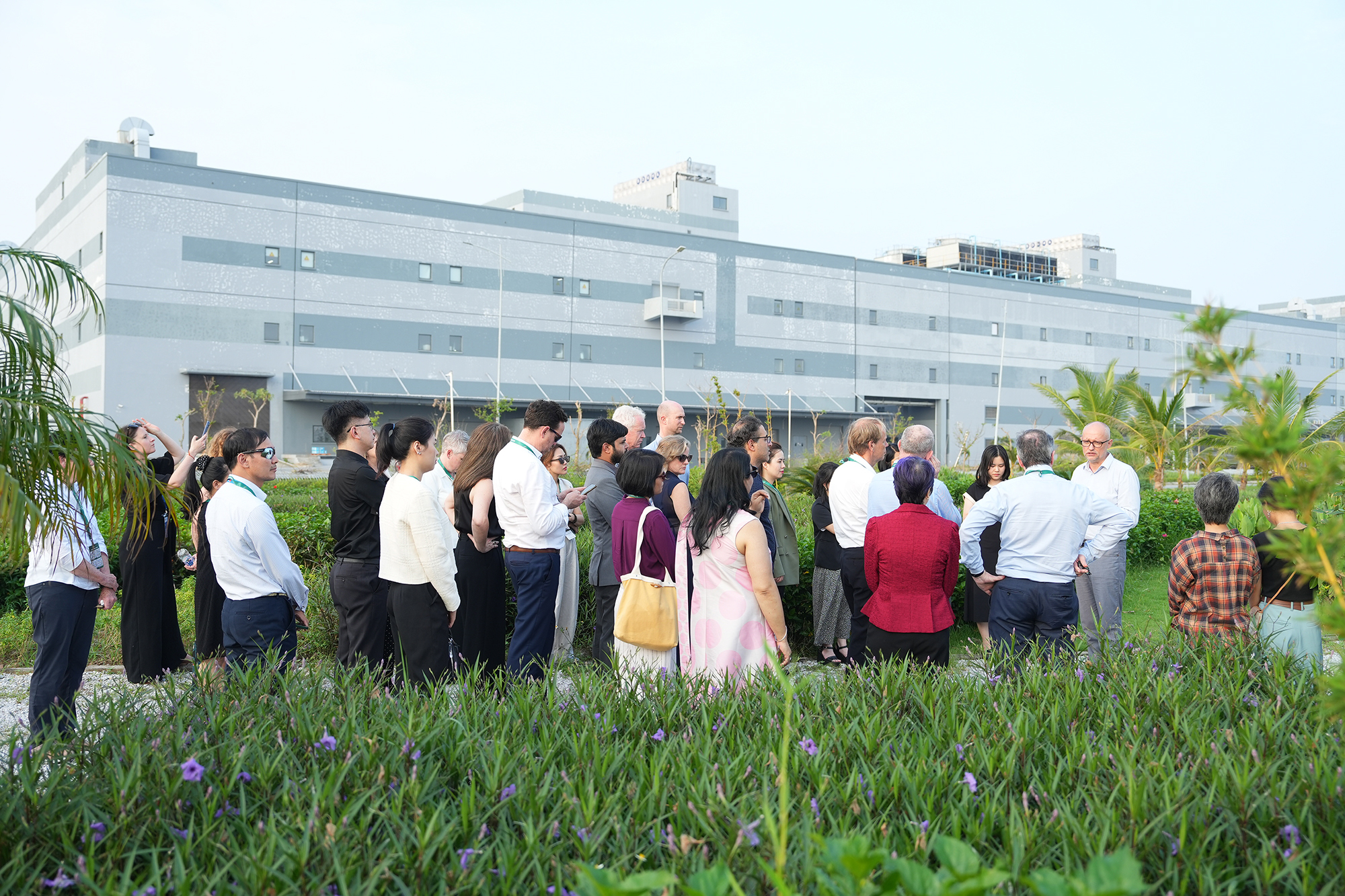
Through this working visit of the Australian education delegation, 150 representatives from higher education institutions, vocational training centers, associations, and businesses in Vietnam’s key sectors such as agriculture, energy, and manufacturing explored and exchanged information about Australia’s strengths in green training and research. Through many discussions with the Australian business delegation, Vietnamese companies learned about various innovative and viable cooperation models that align with industry needs as Vietnam actively moves towards a green economy.
Ms. Rebecca Ball emphasized that as Vietnam strives to achieve its ambitious net-zero emissions target by 2050, Australia’s expertise in green technologies, sustainable practices, and clean energy solutions will play a crucial role in supporting Vietnam’s workforce development and green economy transition.
“Our institutions, recognised globally for sustainability programs, stand ready to contribute to Vietnam’s decarbonization efforts and future economic growth,” she added.
Vietnam is currently aiming to achieve net zero emissions by 2050, focusing on reducing greenhouse gases, increasing the use of renewable energy, and enhancing sustainable urban development. The transition is expected to generate nearly 1 million new jobs by 2040. Therefore, Vietnam will need to reskill, upskill and new-skill its workforce to meet employment demands in new and existing sectors including energy, manufacturing and transportation.
Ranked 11th globally for sustainability programs, Australian universities and training institutions are at the forefront of research and innovation in green technologies. Australia’s leadership in hydrogen exportation, lithium production, and clean energy further underscores its role in providing the knowledge and tools needed for Vietnam’s successful transition.
With a proven track record of delivering high-quality, industry-relevant education and training programs centred on sustainability and green technologies, Australian educational institutions are well-positioned to bridge the “green” skill gaps in Vietnam in the coming time.


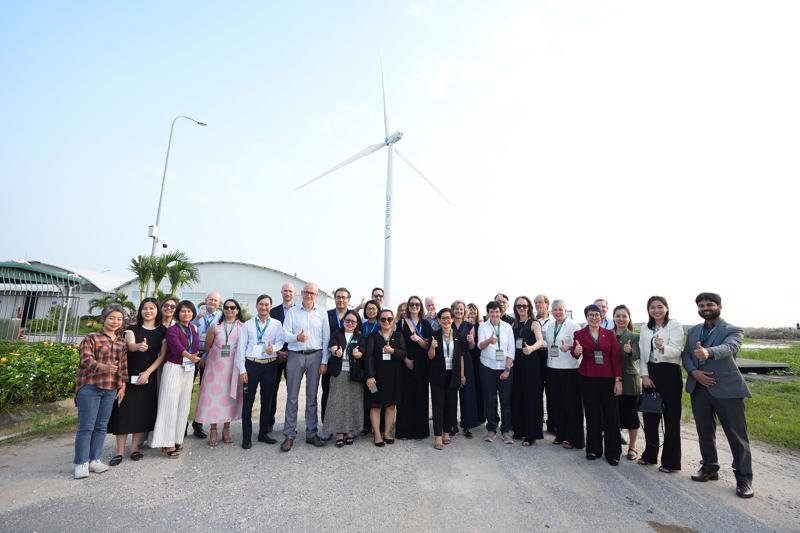
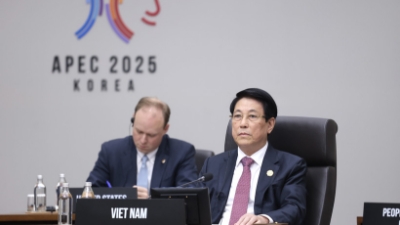
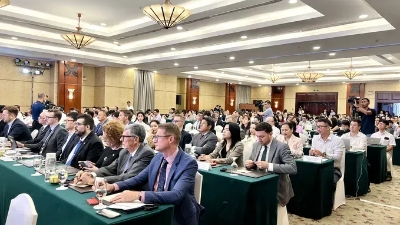
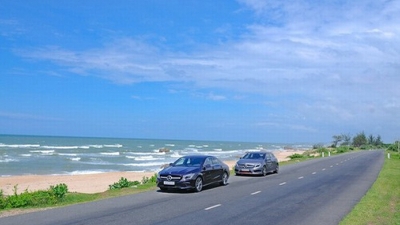



 Google translate
Google translate